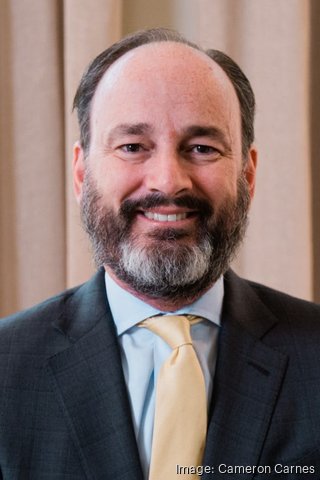Listen to this article 3 min
Round two of Birmingham-Southern College's fight to stay open could be over as early as next week.
Senate Bill 31, introduced last month to amend the Distressed Institutions of Higher Education Revolving Loan Program, is awaiting action in the House after passing in the state Senate March 6. It is scheduled to be heard by the House Ways and Means Education Committee at 11:30 a.m. Tuesday. If that committee approves it, the bill would go back to the house for a second reading. That means the earliest the House could vote to approve it would be Thursday.
The bill could mean one more last chance for Birmingham-Southern College. BSC President Daniel Coleman said he feels confident about the revamped application.
“I feel pretty good if the bill goes through, that the state will release the funds in a reasonable amount of time and that we’ll have a very good application,” Coleman told the BBJ.
Last year, BSC applied for a $30 million loan through the Distressed Institutions of Higher Education Revolving Loan Program in order to continue operating long enough to raise its endowment back to a serviceable level.
The state denied that application, but the city of Birmingham and the United Methodist Church’s North Alabama Conference Board of Pension and Health Benefits agreed to lend the school $7.5 million, buying it enough time to finish the school year and try to have the Distressed Institutions of Higher Education Revolving Loan Program altered to allow it to receive funding.
“We do feel very strongly we met all qualifications, and when it became apparent the state wasn’t going to release any funds, I think several lawmakers contacted us saying this was not the intent of the bill and we don’t think it’s being executed the way the legislators wanted it executed, and we can change that,” Coleman said.
Under SB31, the program would be administered by the Executive Director of the Alabama Commission on Higher Education, not the state treasurer, who denied BSC’s application last year.
It would also require a letter from a bank that is not a current creditor of BSC certifying the college is providing sufficient collateral, and creates a 30-day window to evaluate the loan application.
“The second they’re ready to take applications, we’ll be ready to go,” Coleman said.
A 2023 study showed BSC had a $97 million annual economic impact on Alabama. A study completed this year showed the school’s impact was $90 million, due mainly to lower enrollment and employment, per Coleman.
Incoming student applications were at a record level for the school last October until BSC’s loan application was denied. After that, Coleman said, “things fell off.”
“Our enrollment is down a bit, in part because we helped about 20% of our students transfer last year, thinking that we weren’t sure if we were going to make it, and employment’s down a bit,” he said. “Frankly, I think we can turn this around pretty quickly, and surpass those numbers that were published last year. But given where we were, we thought it was prudent to run the numbers one more time.”
Coleman added the $6 million in taxes the school generates annually would cover the cost of the loan in five years.
“We have a lot of students and parents who keep calling, asking us how things are looking, who have not yet deposited,” he said. “We do have a level of deposits we wouldn’t be excited about in a normal year, but this year we feel pretty good about, but it’s very important for us to try to complete this process as soon as possible so we can put together the best class possible and so our current students can know what their future looks like as well.”
Coleman said he believes the school can put together a solid class for the fall if the school is able to secure a loan through a revamped Distressed Institutions of Higher Education Revolving Loan Program.
“I’m cautiously optimistic that our enrollment will be flat year over year approximately, and that we’ll be laying the foundation to grow this back to where it should be very quickly over the next two to three years,” he said.
